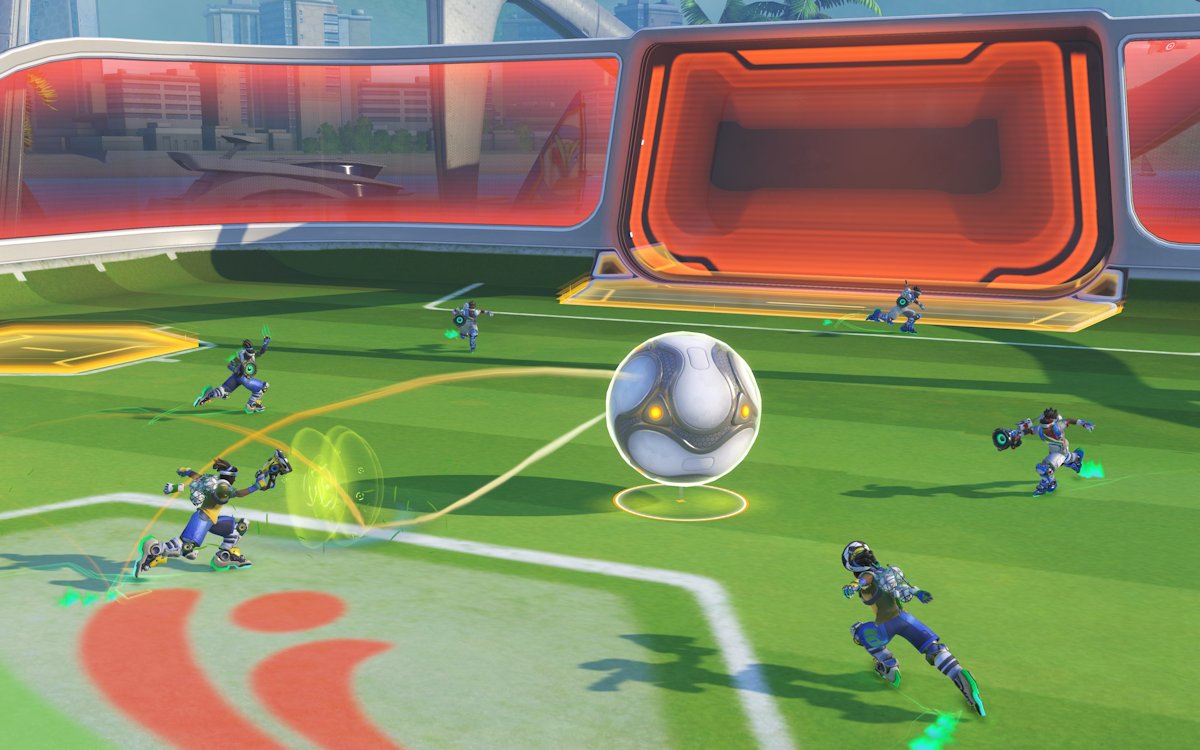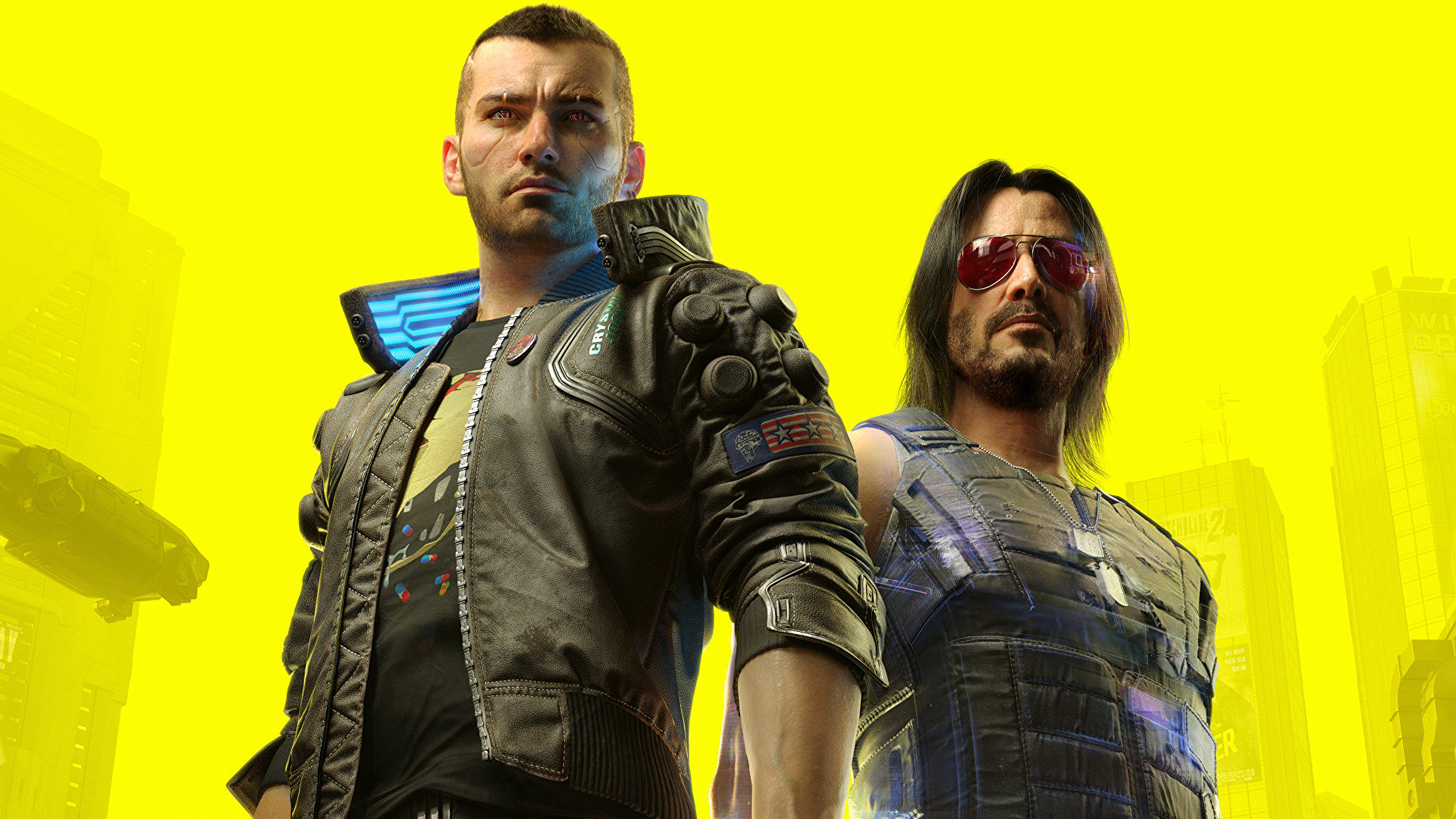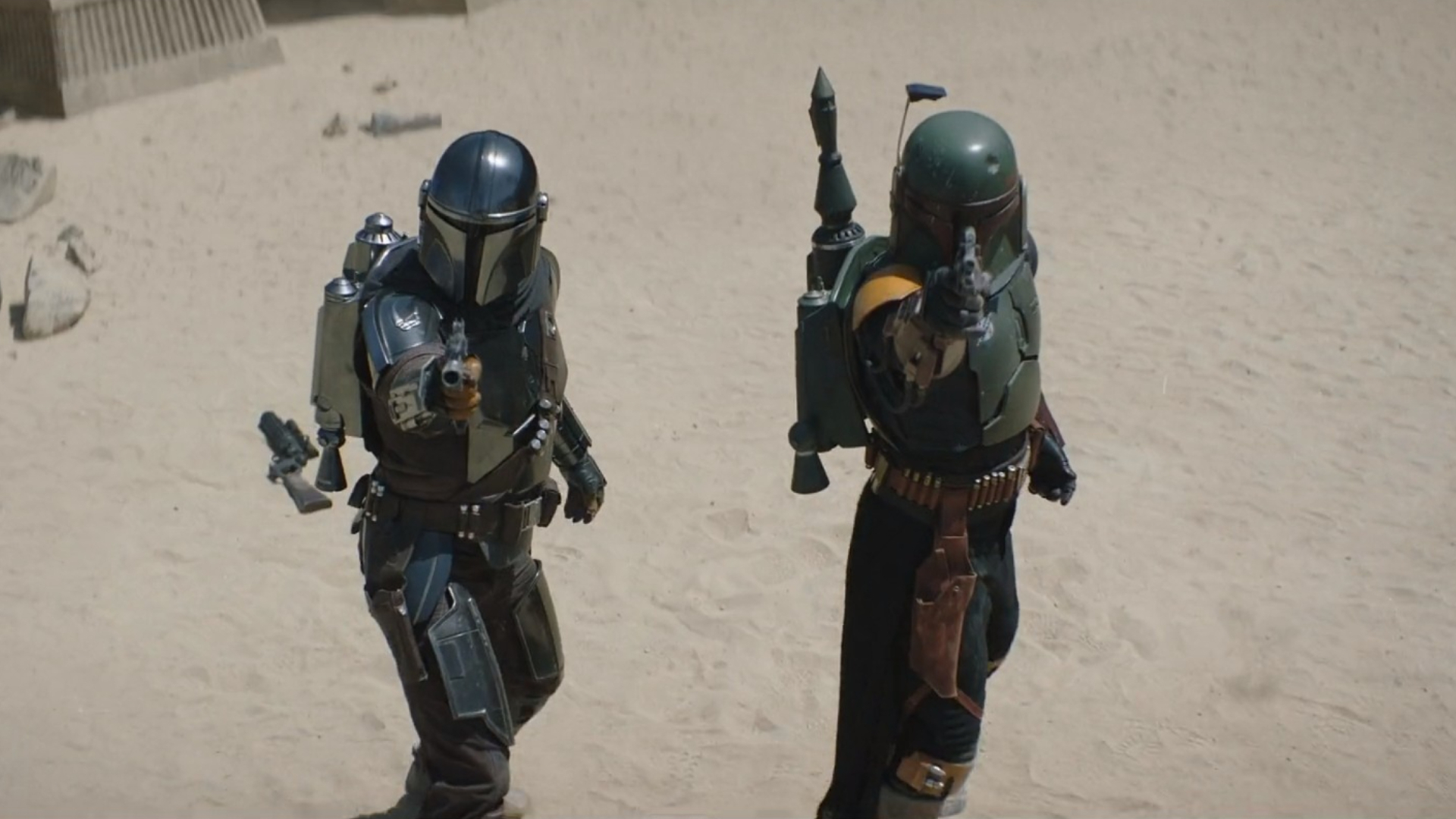
Write what you are looking for and press enter to begin your search!

Live News


Sudden Attack/Maple Story/FIFA Online 3 Publisher Fined US$875,000 Over Loot Boxes
Today’s not a good day if you’re a South Korean video game company who likes profiting off of loot boxes. Nexon, Netmarble, and NextFloor were fined recently over deceptive loot box practices.
Most gamers are familiar with the first two companies. Nexon handles Counter-Strike wannabe Sudden Attack, FIFA Online 3, and the SEA-favourite Maple Story. Netmarble is more well-known for its mobile gaming fares like the super-popular Seven Knight, Marvel Future Fight, and Star Wars: Force Arena.
Nexon was fined for a hefty US$875,000 while Netmarble was hit with US$55,000. NextFloor got off lightly with US$4,600. That’s a whopping total of US$945,000.
Nexon’s large sum was due to its handling of Sudden Attack in the region; according to a Korean Herald report (via Dotesports), the Korean Fair Trade Commission (FTC) argued that the way it was advertising its loot boxes during an in-game event called Celebrity Count was deceptive.
In the event itself, participants were encouraged to buy loot boxes for a chance to get puzzle pieces. Two of the 16 puzzle pieces offered cost US$0.85 apiece. If all 16 were collected, they grant an in-game bonus for the user. The ads were framed so that consumers believed that the odds of obtaining each piece were the same. The truth is that some of the pieces would only be present in 0.5% of the loot boxes.
The Korean FTC presented a case where one player spent US$430 trying to get the pieces, to show that the ads do help in instilling that gambling effect onto players. To quote the Korean Herald piece:
“The FTC’s actions have signalled alarm across the Korean game sector as it could hurt the sales of in-game items — particularly randomized items, which users tend to continuously buy until they get the desired result — that contribute immensely to profits.”Â
Both Netmarble and NextFloor were guilty of embezzling their customers by providing misleading information about the frequency of unique item drops in their loot boxes. Hopefully, this lesson will teach these three companies to be more transparent with their item percentages.

By Team KKP|August 3, 2018
The official Overwatch Twitter account just confirmed that next Overwatch seasonal event - the 2018 Summer Games - drops next week bringing back the h...

By Mr Toffee|February 25, 2021
Sad news for fans who are looking forward to the major fixes for CD Projekt's sci-fi RPG. Cyberpunk 2077's major 1.2 patch is delayed due to the re...

By Syazwan Bahri|February 20, 2019
Epic Games is suing the organisers of Fortnite Live, an unlicensed and under-planned Fortnite party that drew quite a crowd in England then disappo...

By Mr Toffee|February 2, 2024

By Team KKP|July 1, 2023

By Alleef Ashaari|August 2, 2021

By Alleef Ashaari|February 9, 2022

By Mr Toffee|February 2, 2024

By Team KKP|July 1, 2023
Copyright @ Kakuchopurei 2024